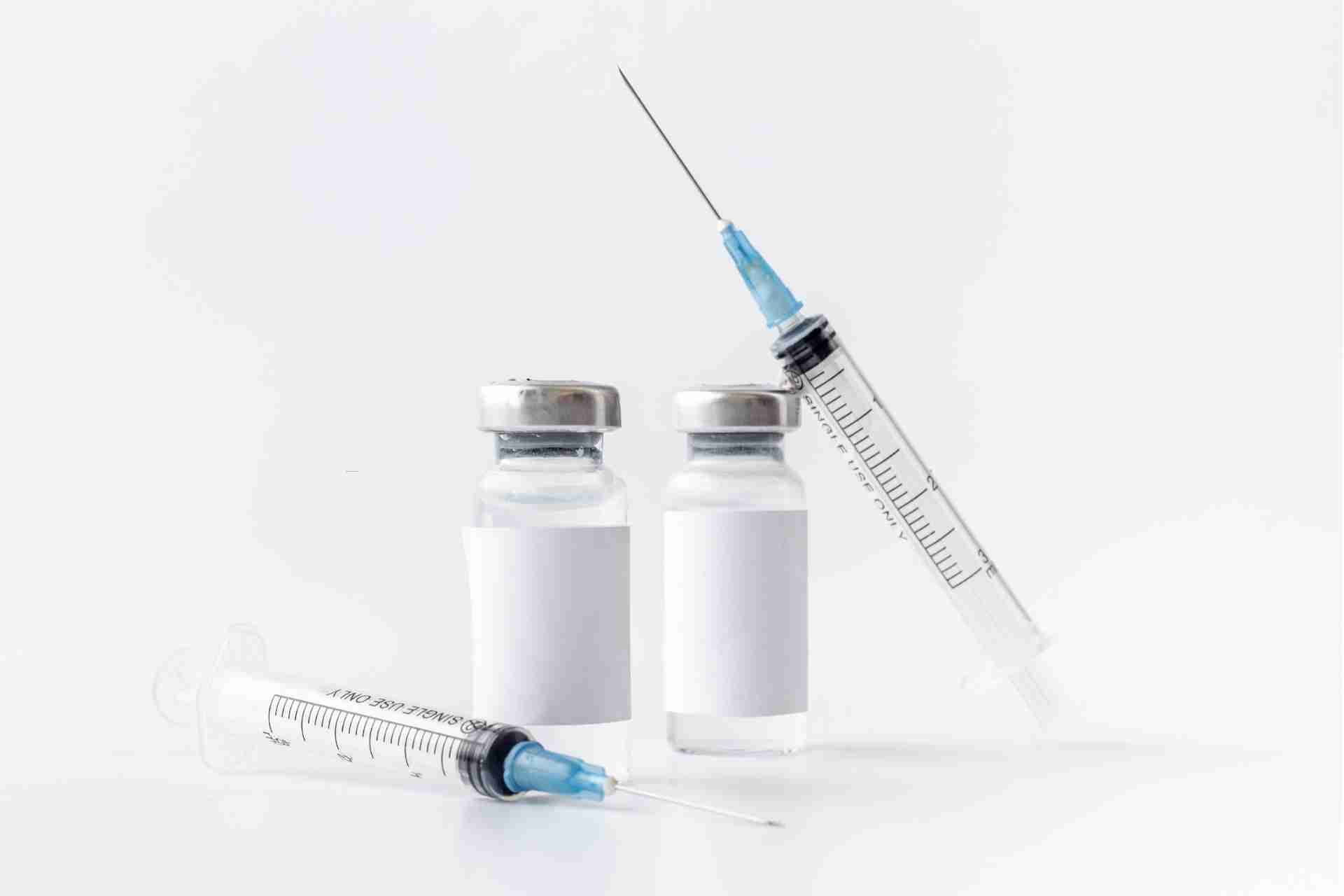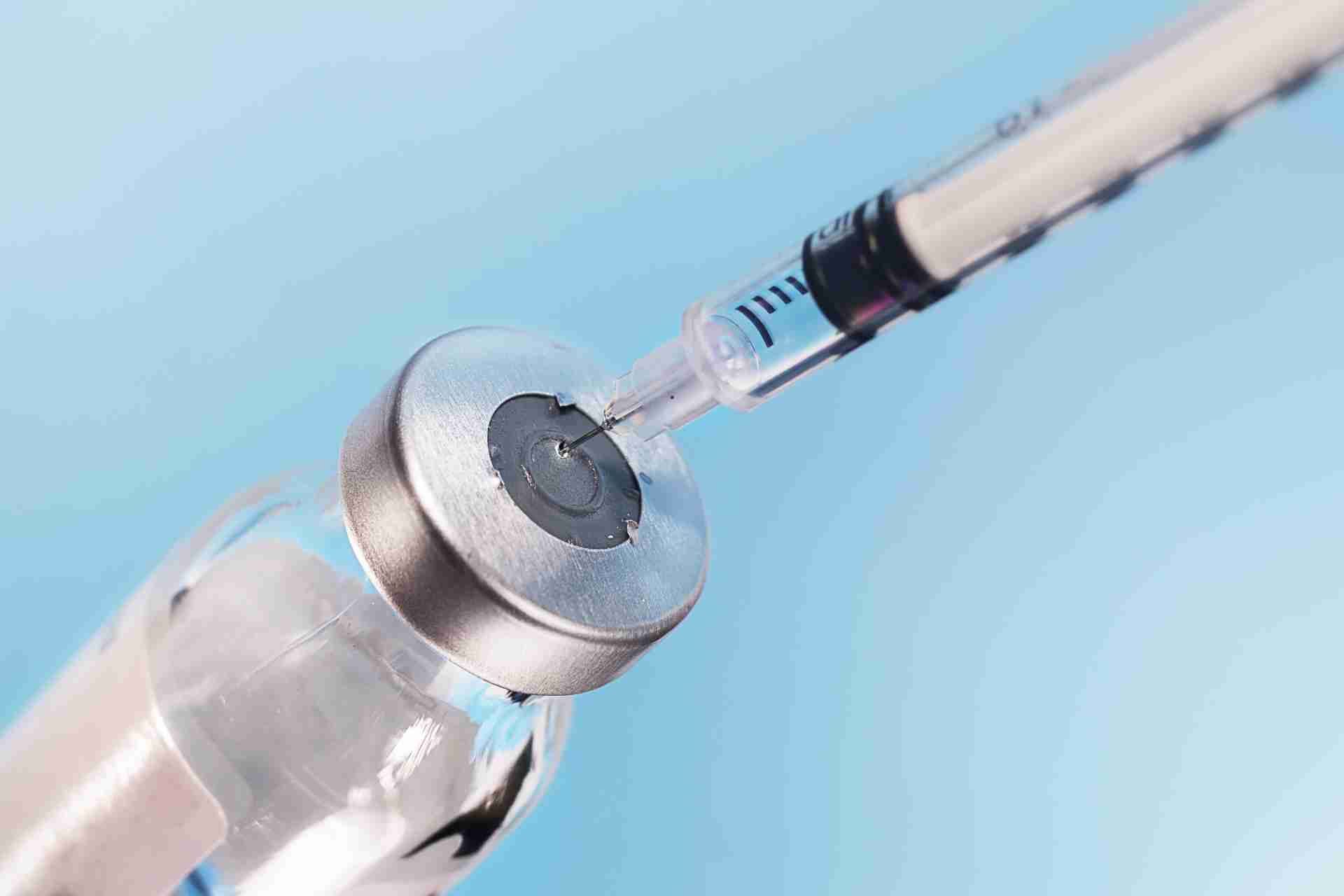The Role of Ketamine in Mental Health Plan

Ketamine's emergence in mental health treatment has shifted how we approach conditions like depression and PTSD. You might wonder how this powerful NMDA receptor antagonist works so quickly compared to traditional methods. Its unique mechanism offers rapid relief for those in crisis, but it also raises questions about its long-term effectiveness and safety. Understanding these nuances is crucial for anyone considering ketamine as part of their mental health plan. What comes next may surprise you.
Understanding Ketamine: Mechanism of Action
When exploring ketamine's role in mental health, it's essential to understand how it works in the brain.
Ketamine primarily acts as an NMDA receptor antagonist, blocking glutamate, a neurotransmitter tied to mood regulation. This action leads to increased levels of another neurotransmitter, brain-derived neurotrophic factor (BDNF), which supports neuronal growth and connectivity.
As a result, ketamine can promote rapid changes in mood and alleviate symptoms of depression and anxiety. It also influences the opioid system, which might contribute to its pain-relieving effects.
Clinical Applications of Ketamine in Mental Health
Ketamine's unique mechanism of action opens doors to various clinical applications in mental health. You might find it surprising that this anesthetic drug is now being used for conditions like treatment-resistant depression, anxiety disorders, and PTSD.
In clinical settings, you'll often see ketamine administered in low doses, providing rapid relief from symptoms. Many patients report significant improvements within hours, a stark contrast to traditional treatments that can take weeks.
Moreover, ketamine's efficacy in reducing suicidal thoughts makes it a critical option for those in crisis. As ongoing research continues to unveil its potential, ketamine could reshape how we approach mental health treatment, offering hope when other options have failed.
Embracing this innovative therapy could be life-changing for many individuals.
Ketamine vs. Traditional Antidepressants
While traditional antidepressants have long been the go-to treatment for depression, ketamine offers a compelling alternative that can act quickly and effectively for many patients.
Unlike conventional medications, which often take weeks to show results, ketamine can alleviate symptoms within hours. This rapid response is particularly beneficial for those experiencing severe depression or suicidal thoughts.
Moreover, ketamine works through different mechanisms, targeting glutamate receptors, which can lead to profound mood improvements.
You might also find that some patients who haven't responded to traditional antidepressants experience significant relief with ketamine.
However, it's essential to discuss this option with your healthcare provider to determine the best treatment plan tailored to your needs.
Treatment Protocols: How Ketamine Is Administered
For those considering ketamine as a treatment option, understanding how it's administered is key to effective use.
Ketamine can be delivered through various methods, including intravenous (IV) infusions, intranasal sprays, and intramuscular injections. Each method offers different benefits and may suit individual preferences or medical needs.
Typically, a healthcare provider will oversee the administration, ensuring the correct dosage and monitoring your response. IV infusions often take place in a clinical setting, while intranasal options might allow for more convenience.
Sessions may vary in frequency, but many patients start with several treatments over a few weeks. Your provider will build a personalized treatment plan, adjusting as necessary to optimize your experience and outcomes.
Potential Side Effects and Considerations
Before starting ketamine treatment, it's important to be aware of potential side effects and considerations.
While many people experience rapid relief from symptoms, some may encounter side effects like dizziness, nausea, or increased blood pressure. You might also feel dissociation or a sense of detachment during and after treatment. These effects usually subside shortly after the session ends.
It's crucial to inform your healthcare provider about any pre-existing conditions or medications you're taking, as interactions may occur. Monitoring is essential, especially for those with a history of substance use or mental health disorders.
Open communication with your provider can help you navigate these potential challenges and ensure a safer treatment experience.
The Future of Ketamine in Mental Health Care
As awareness of ketamine's benefits in treating mental health conditions grows, so does the excitement around its future applications.
You might see ketamine being integrated into more comprehensive treatment plans, offering a quicker relief for those struggling with depression, anxiety, and PTSD. Ongoing research is likely to uncover new protocols, potentially leading to personalized treatment options that consider your unique biology and mental health history.
Clinics may start adopting innovative delivery methods, like nasal sprays or oral formulations, making it more accessible. Additionally, as stigma fades, you could witness increased acceptance among healthcare providers and patients alike, paving the way for wider adoption and integration into mainstream mental health care.
The future looks promising for ketamine in transforming mental health treatment.
Conclusion
Incorporating ketamine into mental health treatment plans can transform lives, especially for those struggling with treatment-resistant conditions. Its rapid effects and unique mechanism offer hope where traditional methods may fall short. As research continues, you're likely to see ketamine play an even more prominent role in mental health care, enhancing patient outcomes and overall quality of life. Embracing this innovative approach could be the key to finding relief and reclaiming a brighter future.










